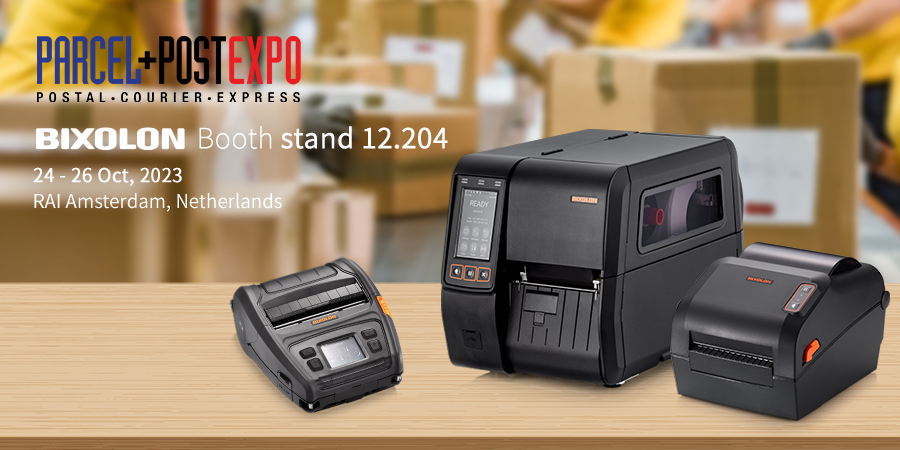NOKERA, a German green-tech firm for serial production using timber, has placed an order with 4PL Central Station AG (4PLCS) to centrally manage its road transport logistics operations. NOKERA uses its fully integrated technology-based platform to combine the planning and production work for building components manufactured using serial timber construction techniques as well assembling them and providing services at the destination within a standard system. The long-term order involves coordinating the procurement logistics for all the raw materials for NOKERA’s production sites and even includes supplying the system components to the relevant assembly site.
With the help of 4PLCS as a neutral fourth-party logistics provider (4PL), NOKERA will in future control all its supply chain partners such as factories, warehouse keepers, suppliers and all the external logistics and transport partners via just one central interface. The core element in the management process is a so-called Digital Control Tower, in which 4PLCS standardises all the administrative processes and models them in automated form. These include, for example, tender procedures for transport services, checks on freight costs and damage management. NOKERA will integrate the Control Tower within its own management systems by the second quarter of 2024 and will completely control it from then on. It will then provide NOKERA managers with status reports that are always up-to-date and will enable them to measure quality and assign costs. The transport management system (TMS), which 4PLCS has developed in-house, is an integral part of the Control Tower and it calculates the CO2 emissions generated by the supply chain and allows predictions to be made about the volume of goods and the transport equipment required by means of artificial intelligence. This will ensure that both NOKERA’s production and assembly sites will obtain the raw materials and finished building components at the right time and fully utilise the capacity of the vehicles in the best possible way to prevent damage being done to the environment.
“As an independent, neutral fourth-party logistics provider, we’re raising transport logistics in the construction industry to a new level. NOKERA will benefit from digitalised, automated processes, permanent transparency and performance measurement using key performance indicators. Thanks to constant checks on each partial stage in the supply chain, NOKERA can adopt countermeasures at an early stage and in a flexible manner to prevent scenarios from developing – and respond quickly to any fluctuations in volumes,” says Alexander Bauer, the Group Chairman, Owner and Founder of 4PLCS, explaining the system.
“Thanks to the support from 4PLCS, NOKERA can reduce the normal discrepancy rates and disruption factors encountered in the construction industry to a minimum. The connection to the Control Tower provided by 4PLCS offers NOKERA a one-stop solution and it will make a major contribution to its market success in the construction sector,” says Olivier Bauer, the Group CEO, Owner and Founder of 4PLCS, adding his comments.
“Our mission at NOKERA is to transform the construction industry and decarbonise the building sector. To achieve this, we’re relying on economies of scale and renewable raw materials. Digitally controlling all the processes and intelligent efficiency management are a fundamental part of the NOKERA system. Given that we have an in-house production ratio of more than 80 percent, logistics plays a crucial role in this process. We’re therefore delighted to have found a partner in 4PLCS, because it can support us here with its state-of-the-art expertise and tools,” says David Stampfli, the Chief Supply Chain Officer at NOKERA.




